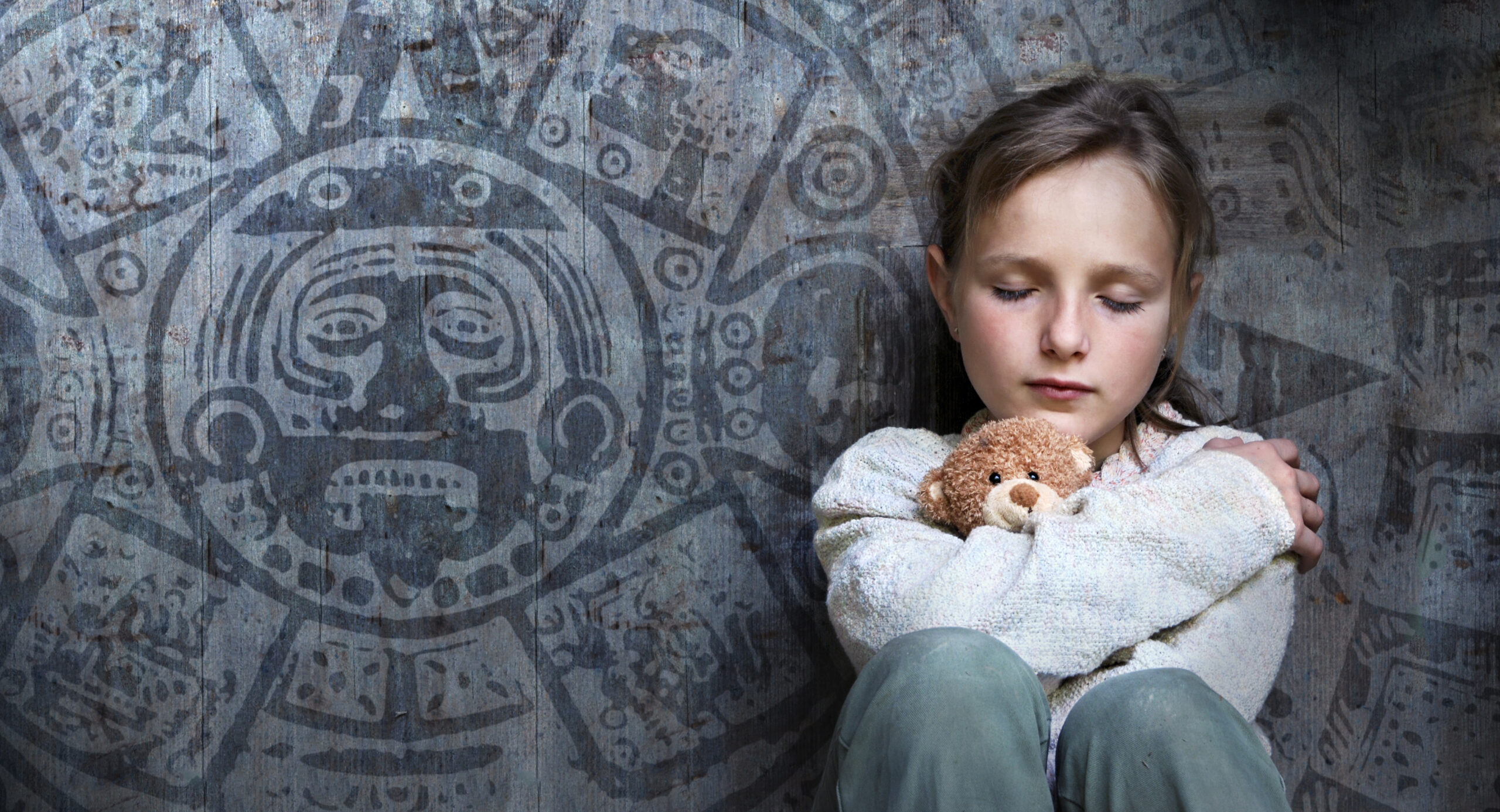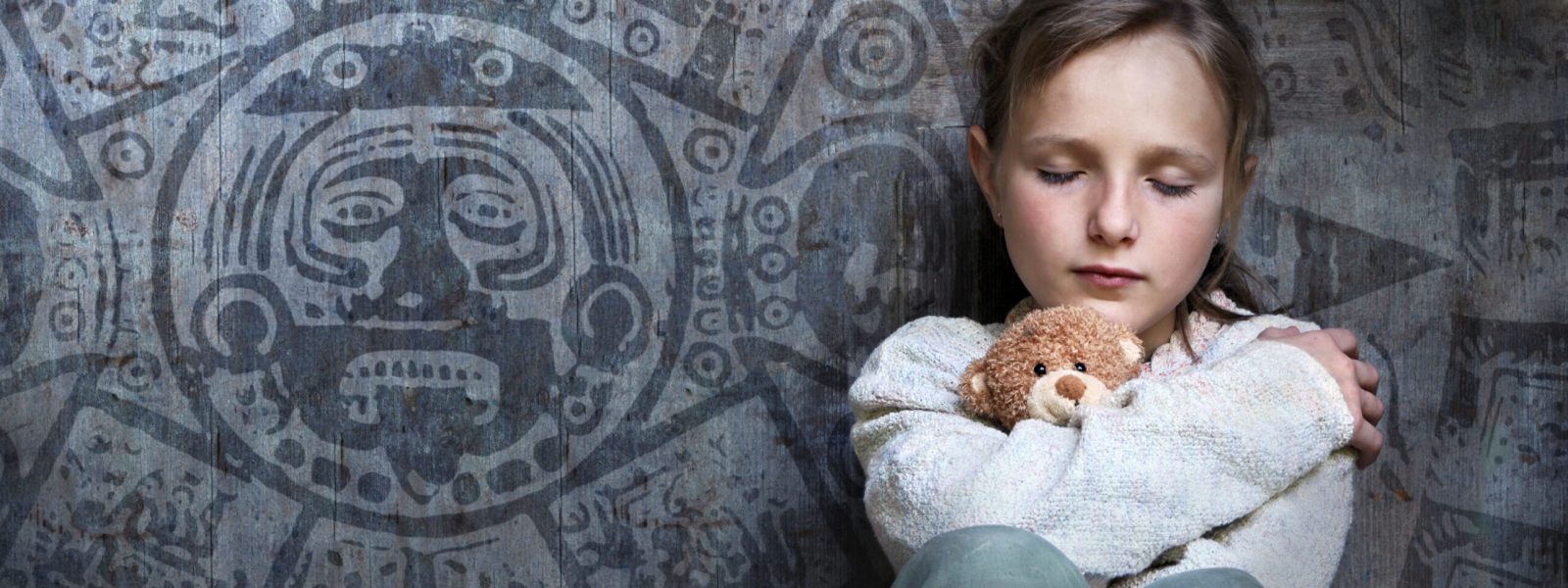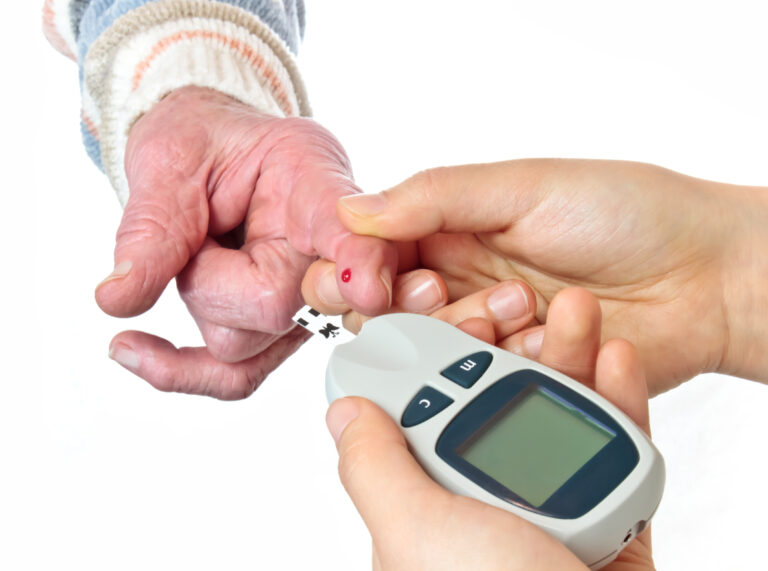Mental health is an essential aspect of our overall well-being. It affects how we think, feel, and behave. Unfortunately, many people struggle with mental health disorders that can significantly impact their daily lives. Recognizing the signs of a mental health disorder and seeking help when necessary is crucial for managing these conditions effectively. In this article, we will discuss what you need to know about recognizing the signs of a mental health disorder and seeking help.
Introduction to Mental Health Disorders:
A mental health disorder refers to any condition that affects your emotional or psychological well-being. These disorders are often characterized by symptoms such as anxiety, depression, mood swings, and changes in behavior. There are several types of mental health disorders, including depressive disorders, bipolar disorder, schizophrenia, obsessive-compulsive disorder (OCD), post-traumatic stress disorder (PTSD), and eating disorders.
Common Symptoms of a Mental Health Disorder:
The symptoms of a mental health disorder can vary depending on the type of disorder and individual experiences. However, some common symptoms include:
1. Persistent sadness or feeling down
2. Loss of interest in activities once enjoyed
3. Fatigue or loss of energy
4. Difficulty sleeping or oversleeping
5. Changes in appetite or weight
6. Irritability or anger
7. Feelings of worthlessness or guilt
8. Trouble concentrating or making decisions
9. Physical symptoms like headaches or digestive problems without clear cause
When to Seek Help for a Mental Health Disorder:
If you experience one or more of these symptoms consistently over time, it may be indicative of a mental health disorder. You should seek professional help if:
1. Your symptoms interfere with daily life, work, school, relationships, etc.
2. You have thoughts of harming yourself or others
3. You experience physical symptoms related to your mental state
4. You feel unable to cope with stressors or challenges
Treatment Options for Mental Health Disorders:
There are various treatment options available for individuals struggling with mental health disorders. The most effective treatments typically involve a combination of therapy and medication. Therapy helps individuals identify negative thought patterns and behaviors while learning coping mechanisms and strategies for dealing with difficult situations. Medications, such as antidepressants and antipsychotics, can also be helpful in reducing symptoms and improving quality of life.

Conclusion:
Recognizing the signs of a mental health disorder and seeking help when necessary is vital for managing these conditions effectively. If you suspect you may be experiencing a mental health disorder, don’t hesitate to reach out to a trusted medical professional for support and guidance. Remember, taking care of your mental health is just as important as taking care of your physical health.



